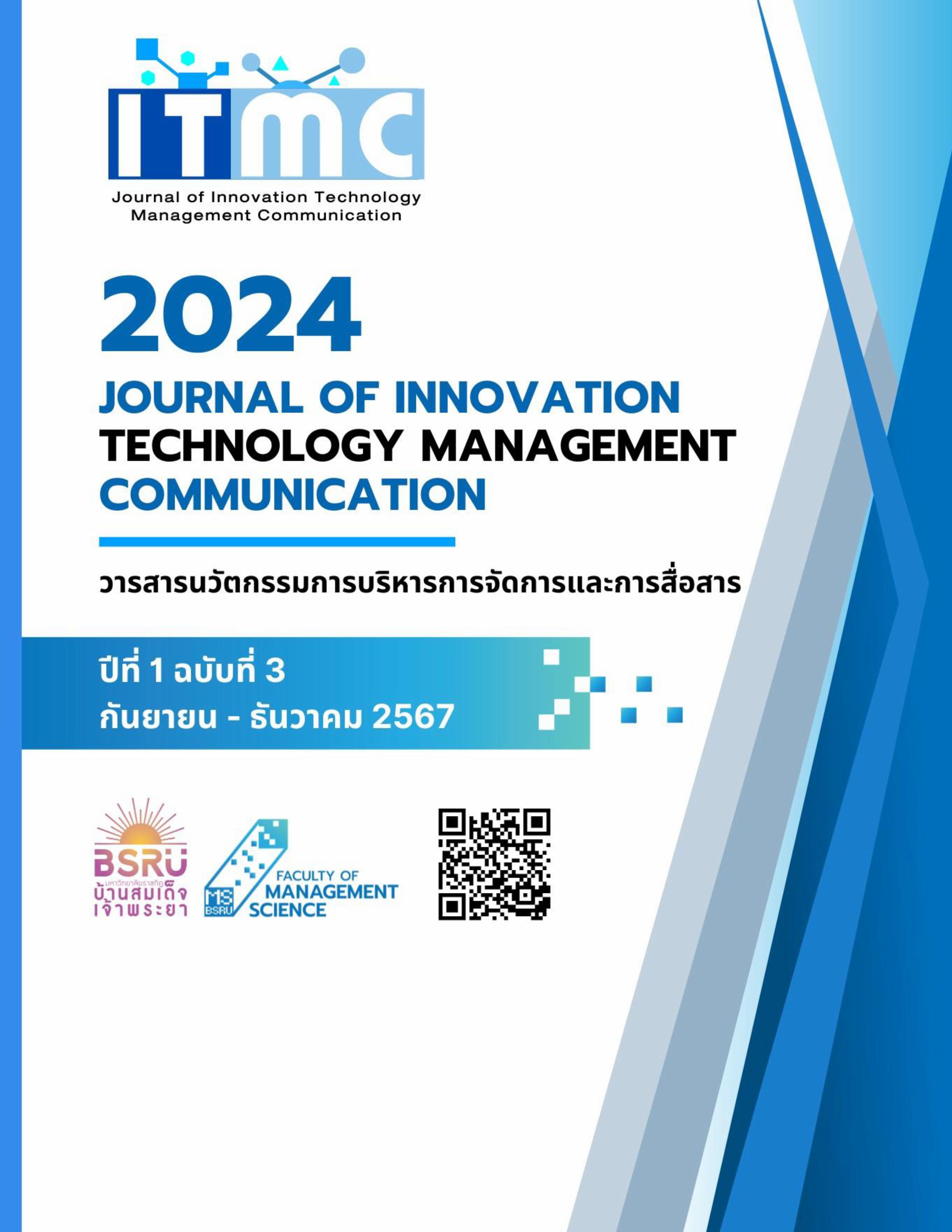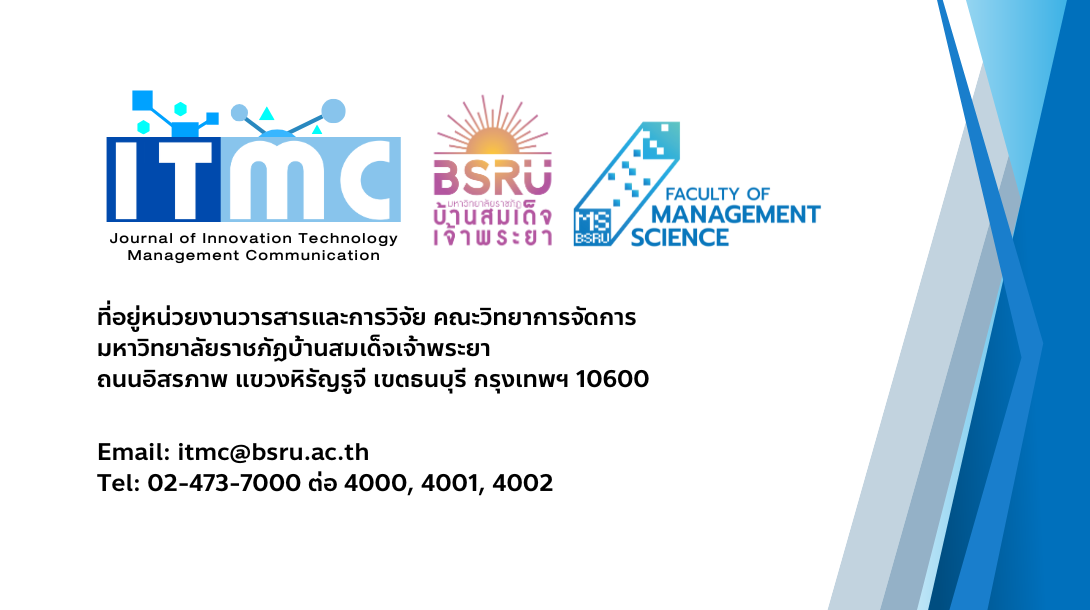Why Emotional Intelligence is the Secret to Leadership Success Chito Moldogo Mataac
คำสำคัญ:
Emotional Intelligence (EI), Leadership Success, Organizational Cultureบทคัดย่อ
The article examines the significance of emotional intelligence (EI) in leadership success, drawing on theoretical frameworks, empirical evidence, case studies, and practical implications. It explores various models of EI, such as Goleman's, Mayer and Salovey's, and Bar-On's, highlighting their implications for leadership effectiveness. The empirical evidence, including research studies and meta-analyses, consistently supports the positive relationship between EI and leadership outcomes. Case studies of Steve Jobs and Mary Barra exemplify how EI can drive innovation, promote employee engagement, and lead to organizational success. The article discusses the benefits of EI, such as stronger relationships and improved decision-making, as well as the challenges, including subjective assessment and cultural influences. Practical implications for leadership development and organizational practices are outlined, emphasizing the importance of investing in EI training, cultivating a supportive work culture, and incorporating EI into performance evaluations. Overall, the article underscores that EI is not just a soft skill but a critical competency that empowers leaders to manage challenges and achieve lasting success in today's complex world.
เผยแพร่แล้ว
รูปแบบการอ้างอิง
ฉบับ
ประเภทบทความ
สัญญาอนุญาต
ลิขสิทธิ์ (c) 2024 วารสารนวัตกรรมการบริหารการจัดการและการสื่อสาร

อนุญาตภายใต้เงื่อนไข Creative Commons Attribution-NonCommercial-NoDerivatives 4.0 International License.
บทความที่ได้รับการตีพิมพ์เป็นลิขสิทธิ์ของคณะวิทยาการจัดการ มหาวิทยาลัยราชภัฏบ้านสมเด็จเจ้าพระยา







